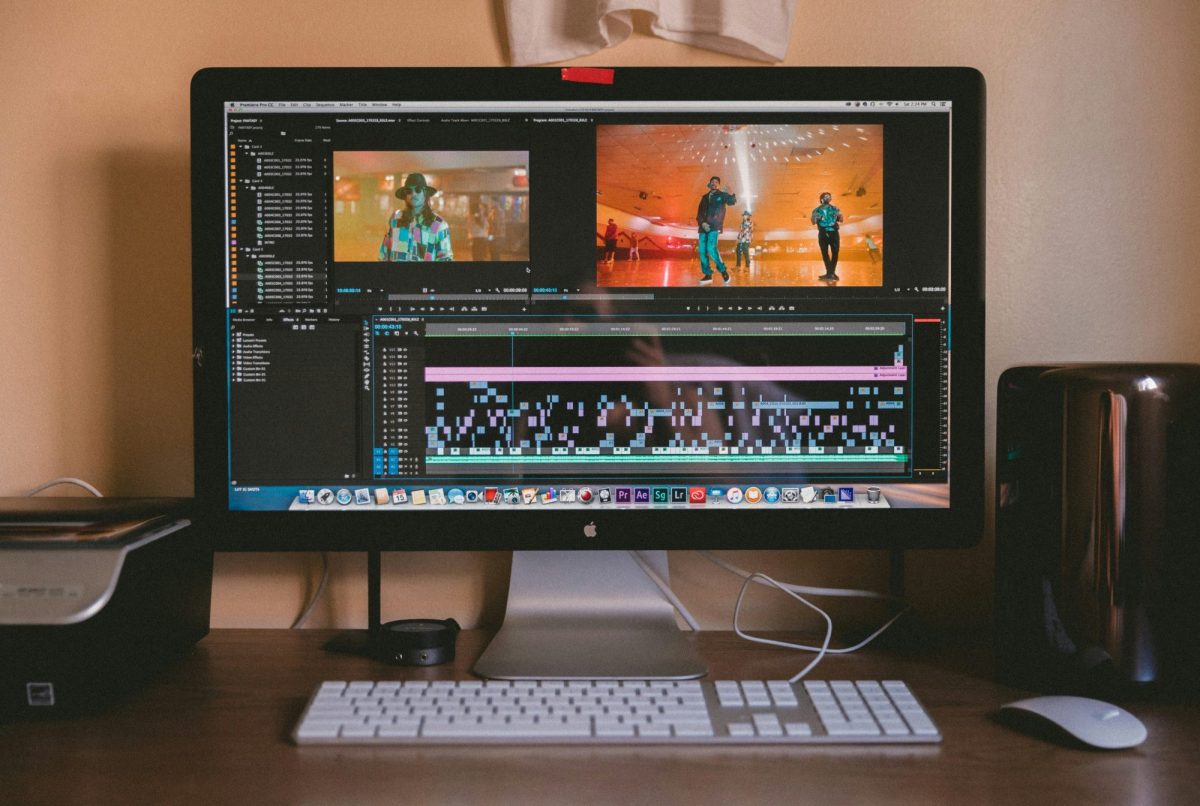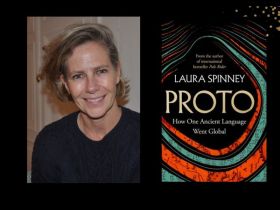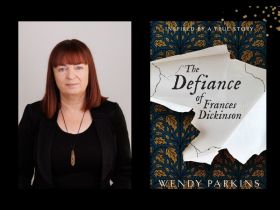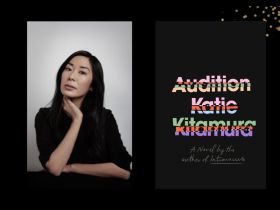The disruptive impact of Artificial Intelligence (AI) in the creative industries is already being felt, but its potential artistic applications and the new technology’s long-term ramifications are, as yet, rarely articulated in the sector, let alone clearly understood.
As film producer, entrepreneur and Adelaide Film Festival Chair Anton Andreacchio explains: ‘There’s a certain amount of uncertainty that comes from not really understanding what we’re talking about when it comes to AI. But there’s a greater uncertainty, which is that no one really understands what we’re talking about, because we’re in such uncharted waters.’
Andreacchio is the founder of the Convergen Group, a group of three companies that use emerging technologies such as AI and extended reality (XR) to explore everything from training AFL umpires to examining the connections between storytelling and infrastructure projects. Indeed, the diverse ways AI is utilised by the Convergen Group reflects Andreacchio’s concerns about how we talk about AI.
‘It seems like there’s this nebulous thing called AI and then we just talk about whether it’s going to be good or bad. There is not just one conversation to have about AI,’ he tells ArtsHub.
One of many panellists speaking at the upcoming Digital Futures Summit: AI and the Creative Horizon on 10 April – a free, online event focused on exploring AI in the creative industries and presented by the Australian Film Television and Radio School (AFTRS), Andreacchio wants to see the conversation about AI in the creative industries significantly broadened, so that it engages with and interrogates a range of artistic and philosophical issues.
‘What does AI mean for creative careers? What is the creative process? What does it mean to be human? All of these things need unpacking, and we don’t know where that conversation is going to necessarily go because we still don’t understand where AI is going to take us,’ Andreacchio explains.
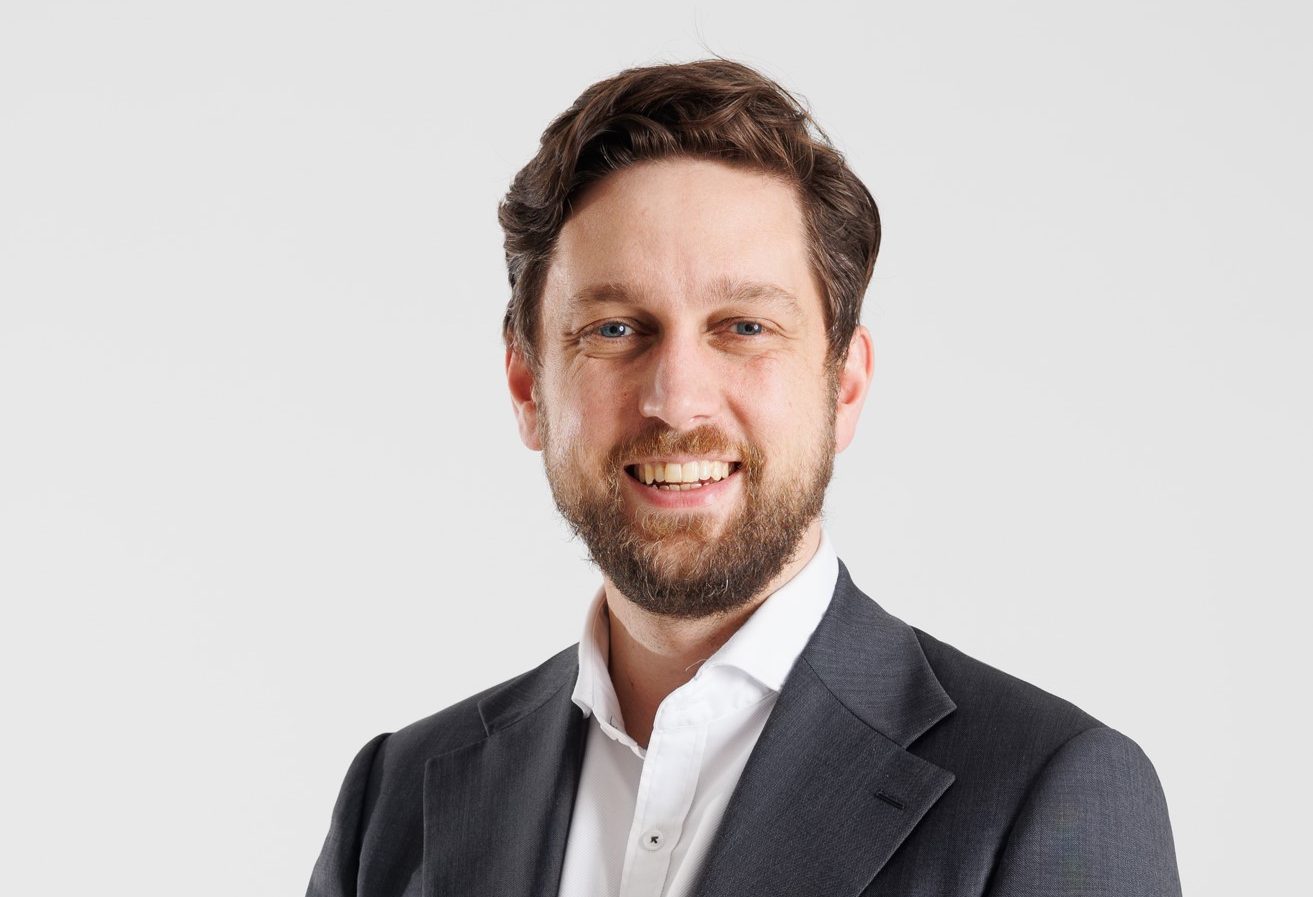
AFTRS’ Digital Futures Summit ensures arts and screen sector leaders, educators and policymakers can freely learn about and discuss the impact, challenges and possibilities of technological change on labour, training and creativity. Now in its fourth edition, this year’s summit highlights a range of conversations around creativity, pedagogy, ethics, Indigenous sovereignty and inclusion in the emerging AI age – themes that are vital across all aspects and elements of the creative industries, Andreacchio stresses.
‘We need to have serious conversations about AI… What is the trajectory of this and how is it going to materially change, fundamentally change, our whole industry?’ he says.
‘AI can process so quickly that it doesn’t need to think like a human anymore; it’s already thinking like something else. So, when it comes to writing, for example, it can produce some pretty extraordinary things that no one saw coming a couple of years ago. And I think the speed of change is the thing that’s creating the most interest, because it’s the one area that we haven’t necessarily adapted to yet,’ Andreacchio explains.
As a practical example, he points to the application of the Bechdel test, a baseline example of how sexist a film is, based on whether or not the work features at least two female characters who have a conversation about something other than a man, and named after a set of rules created by Liz Wallace, which were then incorporated into the US comic Dykes to Watch Out For by her friend, the cartoonist Alison Bechdel.
‘The Bechdel test is actually a logic test. We’re actually going, “OK, there’s dialogue happening, so how do we categorise that dialogue?” And that means a very simple test, but then you can start going, “OK, what if we can categorise all the different sorts of dialogue that’s happening, and then look at it as a social network to understand the importance of those networks, not just in terms of screen time, but the role of different relationships?”,’ Andreacchio says.
With the Summit exploring such topics as AI in screen and audio education, and preserving and reclaiming First Nations cultural practices through AI, film and radio, Andreacchio is hopeful for a series of sometimes passionate conversations throughout the day.
‘I love a panel where there’s a bit of disagreement, so I’m really hoping that there are a few areas that we can sink our teeth into and disagree on a few things,’ he chuckles.
The 2024 Digital Futures Summit: AI and the Creative Horizon, presented by AFTRS, takes place on Wednesday 10 April.
